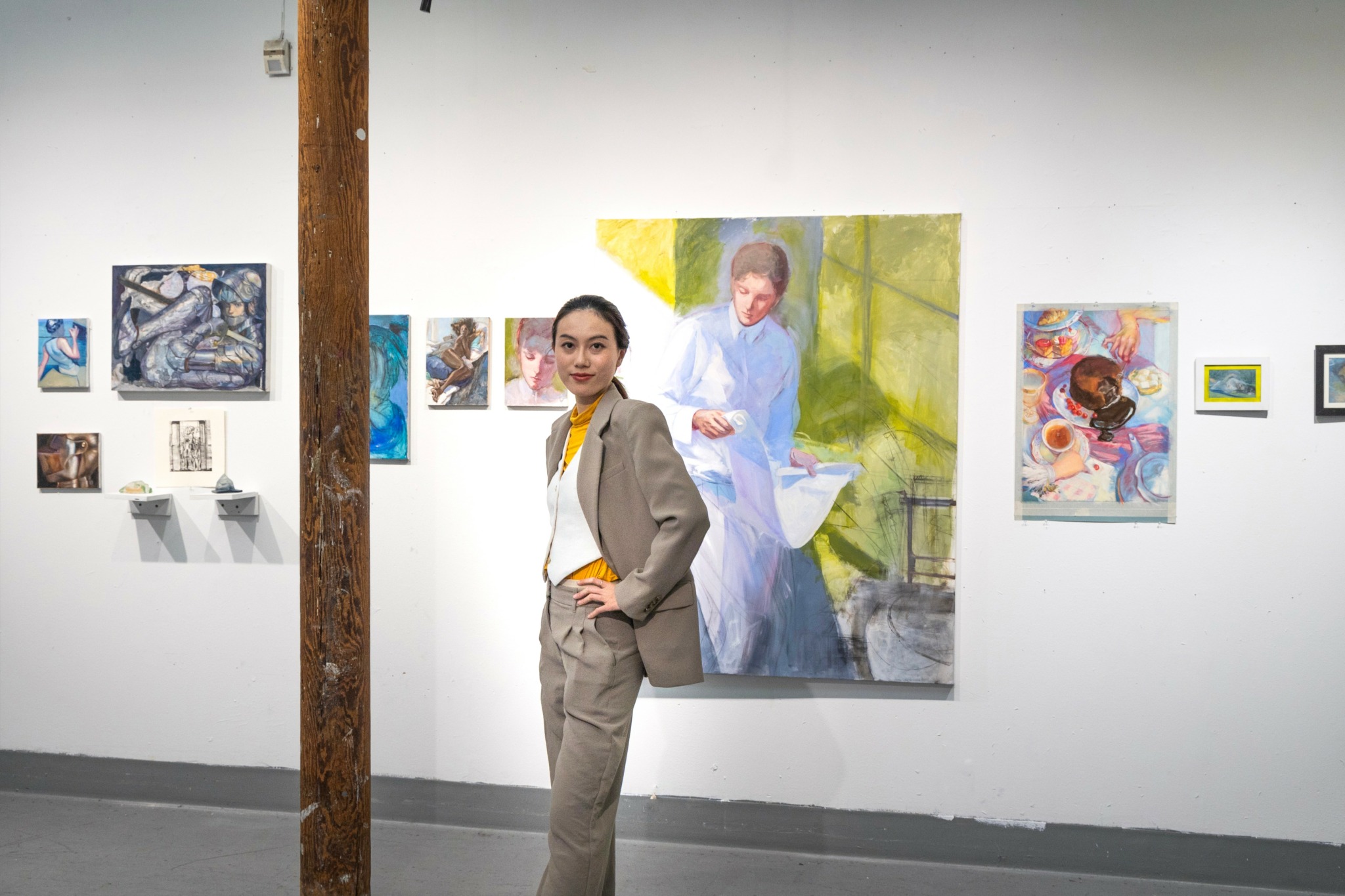Are artists born or made? To help answer this question, we asked some of the most artistic folks we know to tell us about how they knew they were going to pursue an artistic or creative path. We’ve shared highlights below.
Palash Joshi
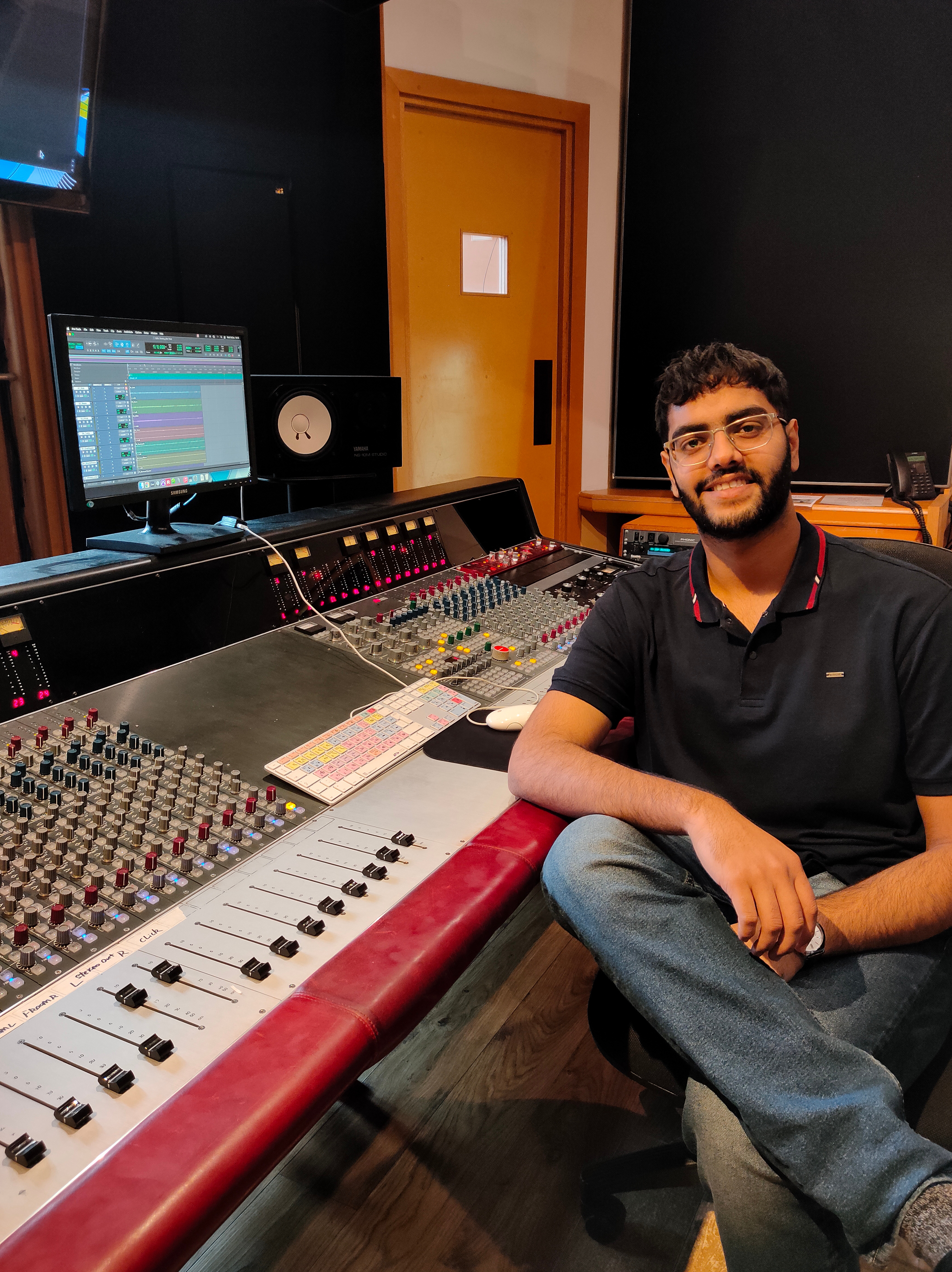
Pursuing a career as an audio professional was an unconventional choice for me, especially coming from a traditional Indian family. However, music has been an integral part of my life from an early age. My father, a fusion music enthusiast, introduced me to a wide variety of musical genres. At the same time, my mother encouraged my creative side by insisting I learn the guitar, sparking my initial hands-on relationship with music. During my high school years, the growing popularity of electronic dance music (EDM) sparked an interest that would later shape my career aspirations. The intricate soundscapes of EDM drew me in, inspiring me to explore the art of music production. I began experimenting with sounds, and layering tracks to create something unique which felt like unlocking a new creative dimension. Read more>>
Theresia Zhang
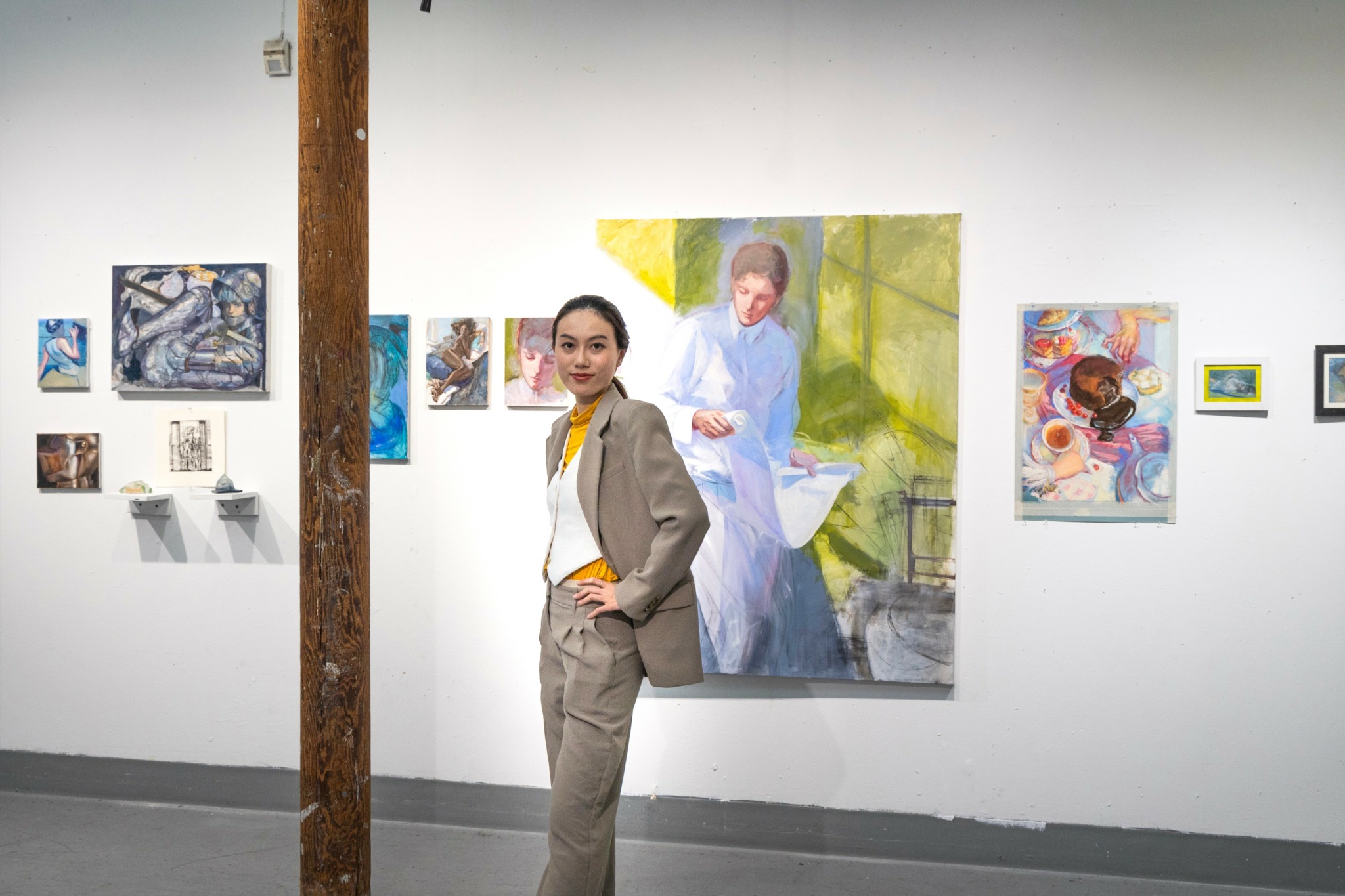
This might surprise some people, but I had never imagined art school could be an option for me. Growing up in a STEM-focused environment in China, students were only considered “smart” if they excelled in math and science, while proficiency in literature and the arts was often undervalued. Perhaps this is because we are still living in the ongoing third industrial revolution, where society often overlooks the power and value of literature and the humanities—a reality I find deeply unfortunate. As a product of this environment, I was naturally steered toward a career in research. I was enrolled in STEM-focused programs in both middle school and high school, with the expectation that I would eventually attend medical school and become a doctor. Read more>>
Paige Billiot

I knew I wanted to pursue this path when I was about 8 years old. At that time, I was far more fascinated with the behind-the-scenes magic and bloopers of movies than the actual movies themselves. Watching how stories were created and characters came to life felt like a window into a completely different world—one where you could be anyone or anything. It just clicked: I should be an actress, an artist. The thought wasn’t about the fame or the spotlight—it was about escaping myself. Growing up with a birthmark, I often felt out of place, like I didn’t fit into the world around me. Becoming an actress seemed like the ultimate way to rewrite the narrative. I could step into someone else’s shoes, someone who wasn’t me, and leave my insecurities behind. Read more>>
Parker Lily Tuson-Morse
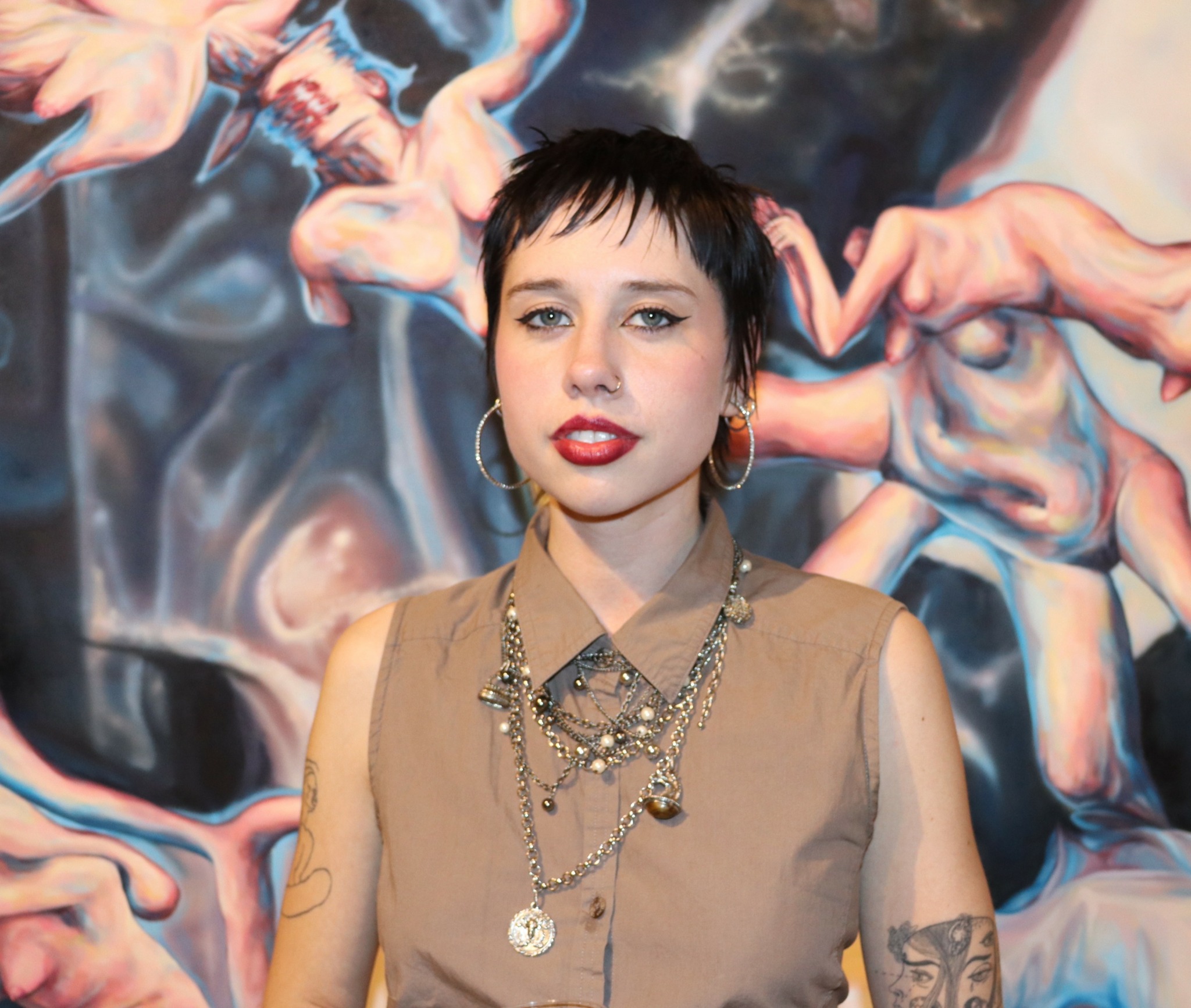
As a kid, I grew up in a highly creative environment. My parents are both involved in the arts, and visual arts, along with other forms of creative expression, became a natural instinct for me—a sort of lens through which I viewed the world. This wasn’t something I necessarily thought about or took seriously as a child, but it felt subconscious. I was a highly visual learner, and the way I often expressed my emotions was through some form of creative expression. Interestingly, my parents never pushed me towards the idea of pursuing the arts as a profession. There was no sense of pressure. In fact, I remember when I first expressed my interest in this career to them, I wouldn’t describe their reaction as particularly ecstatic, I mean, they know the nature of this industry. Yet, I do think that my early environment, which nurtured creativity, inevitably had a profound effect on me and shaped my experiences heavily. Read more>>
Donio Hinsley
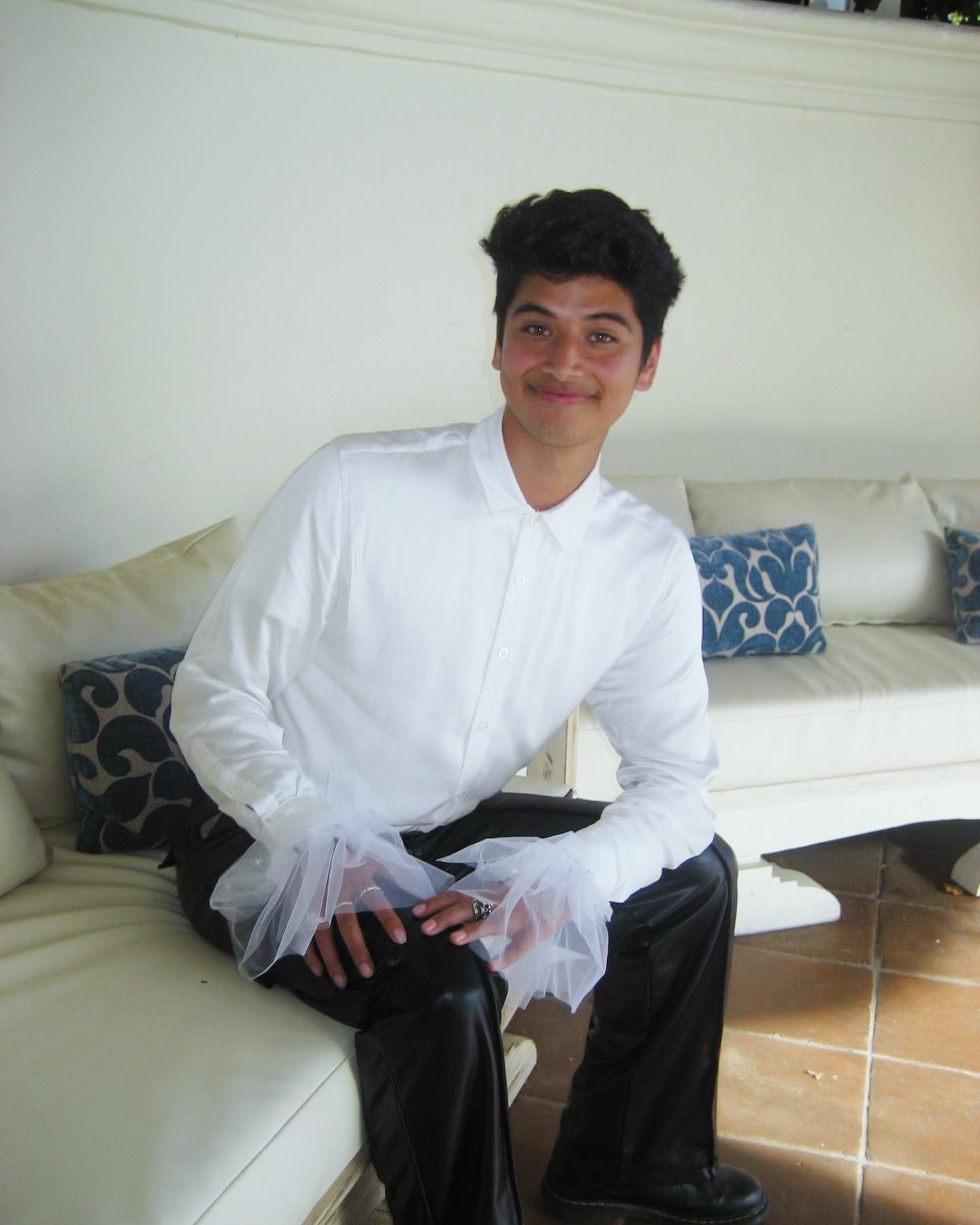
The first time I knew I wanted to pursue a creative path professionally was during Fresno City College’s production of “The Thanksgiving Play”. It was a comedy, but it dealt with themes of cultural appropriation and the tension between representation and misrepresentation—subjects that hit home for me growing up as a bisexual native America in a low-income family, where I often felt that my identity and the stories of my community were misunderstood or dismissed. I hadn’t realized until that moment how much theater could be a platform for those conversations. We were a small, diverse group of students, and none of us had much experience, but there was something so raw and electric about how this play forced us to reckon with history, stereotypes, and what it means to tell a story. I remember rehearsing a scene where we were satirizing the Thanksgiving narrative, and something in me just clicked. It wasn’t just about making people laugh—though that felt great—it was about using humor to shine a light on the harm done by those who control the narrative. It was about using performance as a tool for understanding, for exposing uncomfortable truths, and, most of all, for changing minds. Read more>>
Hilyale Makor

I’ve always known that the creative path was meant for me, even from a young age. However, embarking on this journey required me to unlearn much of what I had been taught about conformity and success, allowing me to rediscover and embrace my authentic self. My decision to step into the creative space was fueled by an innate belief that I have a unique message to share with the world—one that can only be expressed through my own distinct lens. For years, I explored this through style and storytelling, but the defining moment came when I realized how vital freedom of expression was to my identity and purpose. The corporate world, with its rigid structure, often stifled my individuality and creativity, making it difficult to bring my ideas to life in a meaningful way. Transitioning into the creative space felt like reclaiming my voice. It allowed me to live in harmony with my free-spirited nature, where self-expression is not only encouraged but celebrated. This path has given me the freedom to create with intention, connect with others on a deeper level, and share my truth authentically with the world. Read more>>
Eternal Polk
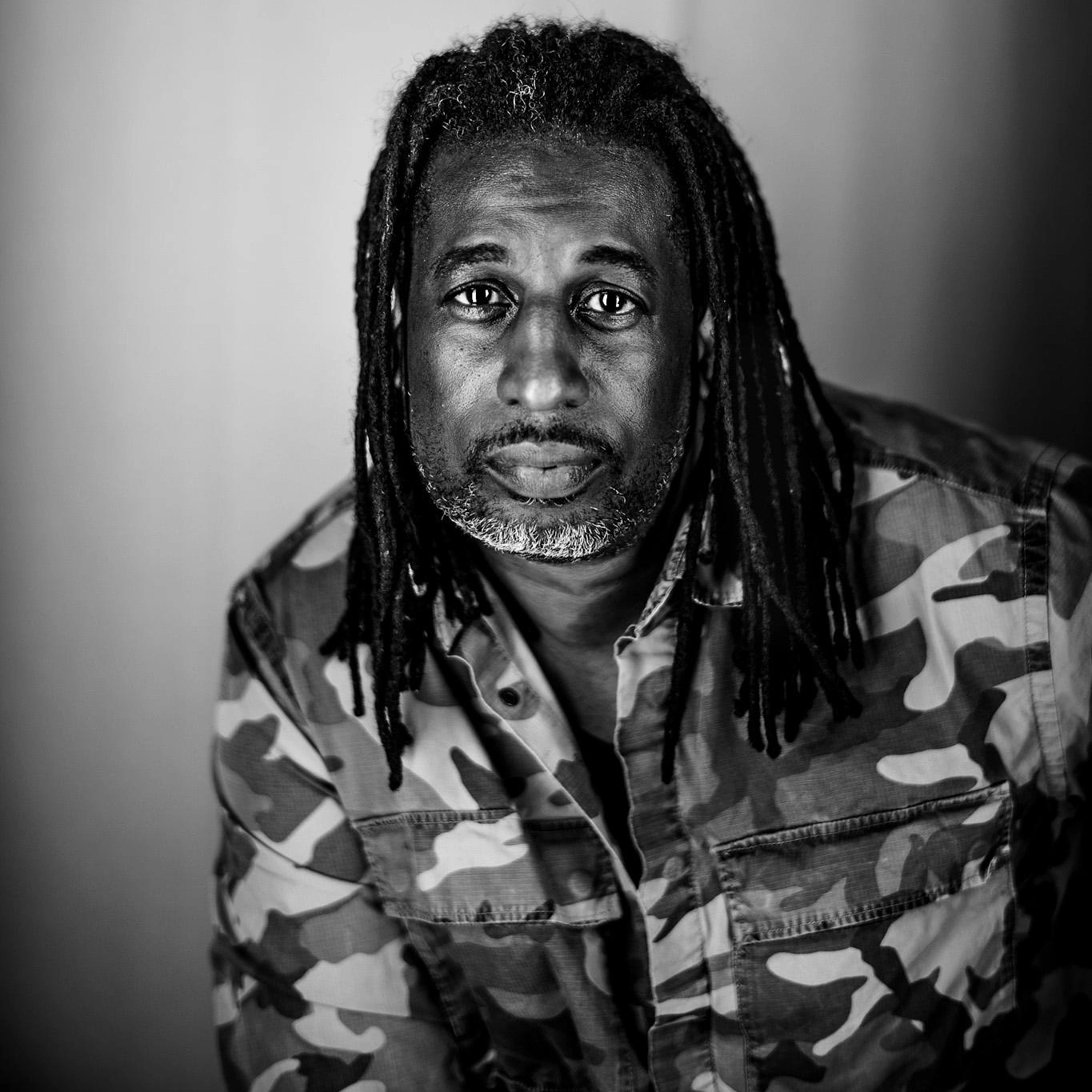
It was 1991 and after flunking out Purdue University with a Mechanical Engineering major and attending another university to get my grades up, I re-enrolled to Purdue and went back to resume my degree. During that year I decided that I wanted to try out for a play even thought I had never acted a day in my life. I got the lead role in the play and did a great job, but during the rehearsals I found myself, much to the director’s annoyance, giving suggestions on how the scenes should go. Of course my director, who would become one of my mentors, told me to be quiet and do as I was told…LOL! Later that semester I was informed I did not meet the requirements to remain in the school and would not be able to attend school the following semester. At that moment of frustration honestly fear, I thought to myself what could I do that I feel is meant for me. A little while later I called up my theater director/mentor and said I think I want to direct and she gave me a Super8 camera and a book of scripts and said go do it! Read more>>


